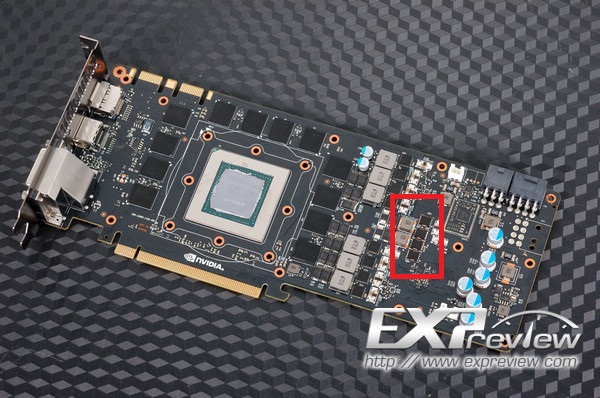I got myself two Asus DCII 780 cards
for a decent price of 459€ a piece that I'll be putting under water soonish with a 4770k that I'm planning on delidding. The cards luckily perform quite equally to each other. Results so far with the second card.
3dmark Firestrike

Firestrike Extreme

Advertised base and boost clocks are 889/941Mhz, at stock settings the cards actually boost to 1032/1045. Lifting the voltage marginally with software lifts those boost clocks by 2 boost bins (26Mhz). Overclocked the slightly better card completes the new 3Dmark with 1293Mhz boost clock (1280Mhz in 3dMark11) The other one requires 13-26Mhz lower clocks. Memory clocks around or little past 7300Mhz with both cards.
I'm slightly tempted to get an Asus Extreme motherboard to be able to VGA hotwire them and increase the voltage, but I probably won't do that now. The overclocked performance is pretty good already imo.




